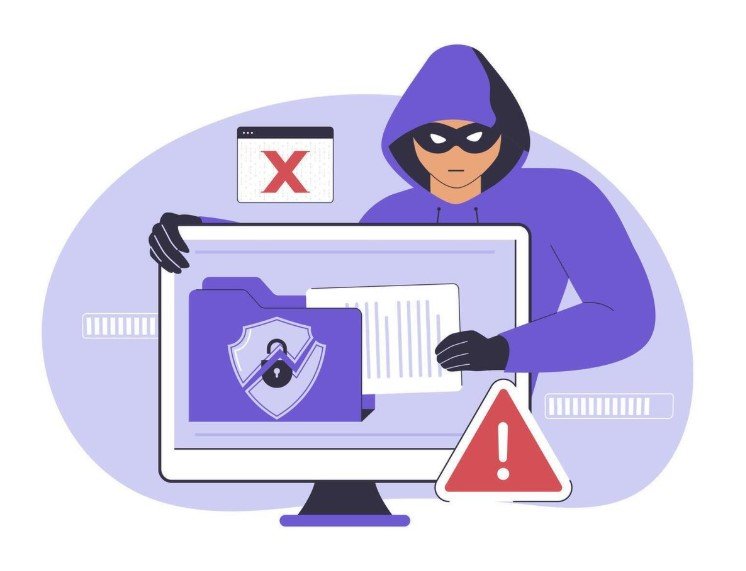Microsoft has taken a bold step by cutting back access for some Chinese companies to its early warning system for cyber threats. This move follows claims that Beijing played a role in recent attacks on the company’s SharePoint servers, sparking global concerns about data security in 2025.
The decision, announced on August 20, 2025, aims to protect sensitive information after hackers exploited flaws in SharePoint, a tool used by governments and businesses worldwide. Experts point to possible leaks from Microsoft’s program that shares advance alerts with partners, leading to widespread breaches.
Background on the SharePoint Hacking Campaign
Last month, a major cyber attack hit SharePoint servers, affecting over 400 organizations. These included U.S. federal agencies, energy firms, and universities. The attacks stole data and disrupted operations, with some blaming Chinese state-sponsored groups.
Microsoft first spotted the exploits in early July 2025. They warned partners through their Active Protections Program on June 24, July 3, and July 7. But the timing raised red flags, as hacks surged right after these alerts.
Beijing has strongly denied any involvement. Still, the incident echoes past events, like the 2021 SolarWinds hack that exposed U.S. government networks.

Security analysts say the breaches highlight risks in global tech supply chains. Many companies rely on SharePoint for file sharing and collaboration, making it a prime target for spies.
Reasons Behind the Access Restrictions
Microsoft investigated claims that program members might have misused shared details. They found evidence suggesting leaks could have fueled the attacks. As a result, the company barred certain Chinese firms from getting proof-of-concept code, which helps test defenses but can be twisted for harm.
This code mimics real threats to aid quick fixes. By limiting it, Microsoft hopes to stop bad actors from gaining an edge. The firm stressed that they review partners often and remove those who break rules against offensive use.
The move fits into rising U.S.-China tech tensions. Recent laws, like the 2025 U.S. Cyber Defense Act, push for stricter controls on foreign access to key systems.
Experts note that while China hosts many skilled engineers, some work on Microsoft products. This setup has drawn scrutiny, especially after reports of state demands for data sharing.
Impact on Chinese Companies and Global Partners
Several Chinese security firms now face hurdles in getting timely threat info. This could slow their ability to protect clients, affecting businesses that use their services.
Microsoft did not name the affected companies. But sources suggest it targets those suspected of sharing data with governments in ways that violate agreements.
On a broader scale, this change might ripple through the tech world. Partners in other countries worry about similar cuts if trust erodes.
Here is a quick look at key sectors hit by the SharePoint hacks:
-
-
- Government agencies: Data leaks in U.S. nuclear and health departments.
- Energy companies: Disruptions in power grid monitoring.
- Universities: Theft of research files and student records.
-
These impacts show how one flaw can cascade into major problems.
Microsoft’s Official Response and Ongoing Investigation
In a statement, Microsoft said they act to prevent misuse of shared info. They use both open and secret measures to safeguard the program. The company continues to probe the hacks but shared no details on findings or specific restrictions.
Leaders at Microsoft emphasized their commitment to global security. They plan to keep working with trusted partners while tightening rules.
This response comes amid pressure from U.S. officials. Lawmakers have called for hearings on tech vulnerabilities, linking them to national security.
Broader Implications for Cybersecurity in 2025
The incident raises questions about balancing collaboration and safety in cyber defense. Sharing threat data helps everyone, but leaks can backfire.
Experts predict more restrictions on international programs. This could lead to fragmented security efforts, where regions develop separate systems.
Looking ahead, companies might invest more in AI-driven threat detection. Recent data from 2025 shows cyber attacks up 30 percent worldwide, per industry reports.
| Timeline of Key Events | Date | Description |
|---|---|---|
| June 24, 2025 | Microsoft sends first alert to partners about SharePoint flaws. | |
| July 3, 2025 | Second warning issued as threats emerge. | |
| July 7, 2025 | Exploitation attempts observed; third alert sent. | |
| July 20, 2025 | Public reports of breaches in U.S. agencies. | |
| August 20, 2025 | Microsoft announces restrictions on Chinese access. |
This timeline underscores the rapid pace of the crisis.
Logical reasoning suggests that without quick fixes, similar hacks could target other platforms. Users should update software and monitor for unusual activity.
What This Means for Businesses and Users
For everyday users, this highlights the need for strong passwords and regular updates. Businesses should review their reliance on tools like SharePoint and consider backups.
The event ties into ongoing debates about tech giants’ roles in global security. With rising attacks, education on cyber hygiene becomes crucial.
In the end, Microsoft’s action might set a precedent for how companies handle international partnerships. It shows the delicate balance between trust and protection in a connected world.
What do you think about these changes? Share your thoughts in the comments and spread the word to help others stay informed.







